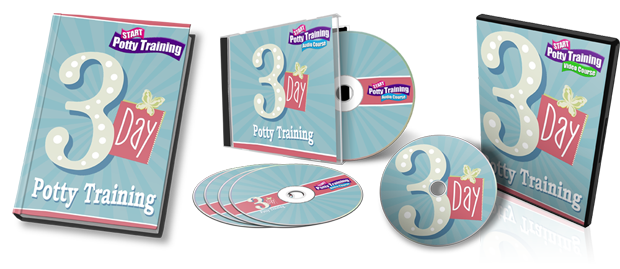The settings, but start small:
The first part of puppy potty training is to define the parameters for both you and your pet. These parameters may need to be small at first. For example, while your puppy is small, you may want to help them potty on newspapers or special blocks scented in your home. Gradually, you can move the blocks and expand the world for your puppy to include spaces. Then, soon, you can have done their business in a specific location in the yard, rather than in the house.
Another option is that you can train your dog crate. That is, you could put your dog in a crate when you plan to be away for a little while so they will not have accidents in the house. If you use this method, however, be careful not to keep your puppy in the crate for too long. After all, like people, puppies can not "hold it in" for a certain period of time.
Keep Calm and Understanding "Puppy Time"
Among the biggest mistakes the first time dog owners, in particular, are, is that they have a quick temper and a clock unlimited. Clock in unlimited I mean, for example, you could leave the house, say, noon. Your puppy may have an accident shortly after. However, you might not discover the injury until you return to, say, 4 in the afternoon. Now 3 to 4 hours has elapsed since the accident.
The instinct of many owners would shout, scold or even hit their dog for such an accident. In fact, some even take the dog and push their nose in their urine or feces trying to prove some kind of point. This means very little to a puppy, if other than "Uh oh, my owner is mean!"
The reality is that "puppy time" works differently. Puppies have a short attention span. There is simply no way they can understand why they are scolded hours, or even minutes after the fact. You have to discipline only when you take them in flagrante delicto.
Act of discipline:
Even if you do not catch your puppy in the act, you must be very careful about how you discipline them. You do not want your puppy to be fearful or aggressive towards you or be constantly afraid of performing the natural act of relieving himself, after all. Everything you want to do is make sure that you train to do a socially acceptable manner.
A simple, clear, "NO!" a serious tone of voice is enough. You do not need to shout, rant, or walk about in particular enter or hit your puppy. What you can do is gently but firmly choose the puppy and take it outside the designated area immediately, but only if you see it in the act of having an accident in the house.
While it is good to play with your puppy outside, you should not play at times that are scheduled to allow your pet to do its business. This is much better, especially during potty training early, take the dog outside with the specific mission to relieve himself. Then praise the dog to do his business well and bring it directly into the house. Play should be done at another time and in a separate area of the court.
Watch the signs:
Another thing that helps when potty training a puppy is to look for signs that might indicate that they do. For example, many dogs may begin to turn around or walking in circles right before relieving himself. If you see that behavior, regardless of when you plan to take your dog, it is a good idea to make a special trip outside with them immediately. Each dog is different, so you have to learn to recognize the signs of your own dog, such as whining or pacing. Once you do that, you'll have a much easier time with the puppy potty training.
Deodorization of the House:
Puppies are babies. So they will have an occasional accident. A very important part of potty training is to ensure that the accident is cleaned thoroughly. After all, dogs are highly motivated by the smell. If your puppy feels his urine or stool, he will visit this place again. Therefore, it is important to invest in cleaning products that are specifically designed to eliminate pet odors without being toxic to your pet.
Have patience:
Again, puppies are babies. They are highly intelligent and quick to learn, but some accidents will happen, especially if left alone for long periods of time. Thus, it is important to have patience and be consistent with training techniques, if you want to successfully train your puppy clean.
Monday, April 1, 2013
Potty Training Tips for a puppy
Subscribe to:
Post Comments (Atom)



















Thank you for sharing this interesting tips with us. Actually, this kind of article was I really love to read because I learned a lot from the tips shared here. I can use this guide given here to our new puppy and I'm sure he will enjoy our training together. I will also share the knowledge I learned here to my sister because she has a problem with puppy potty. Learn more about: Vets North Somerset
ReplyDelete